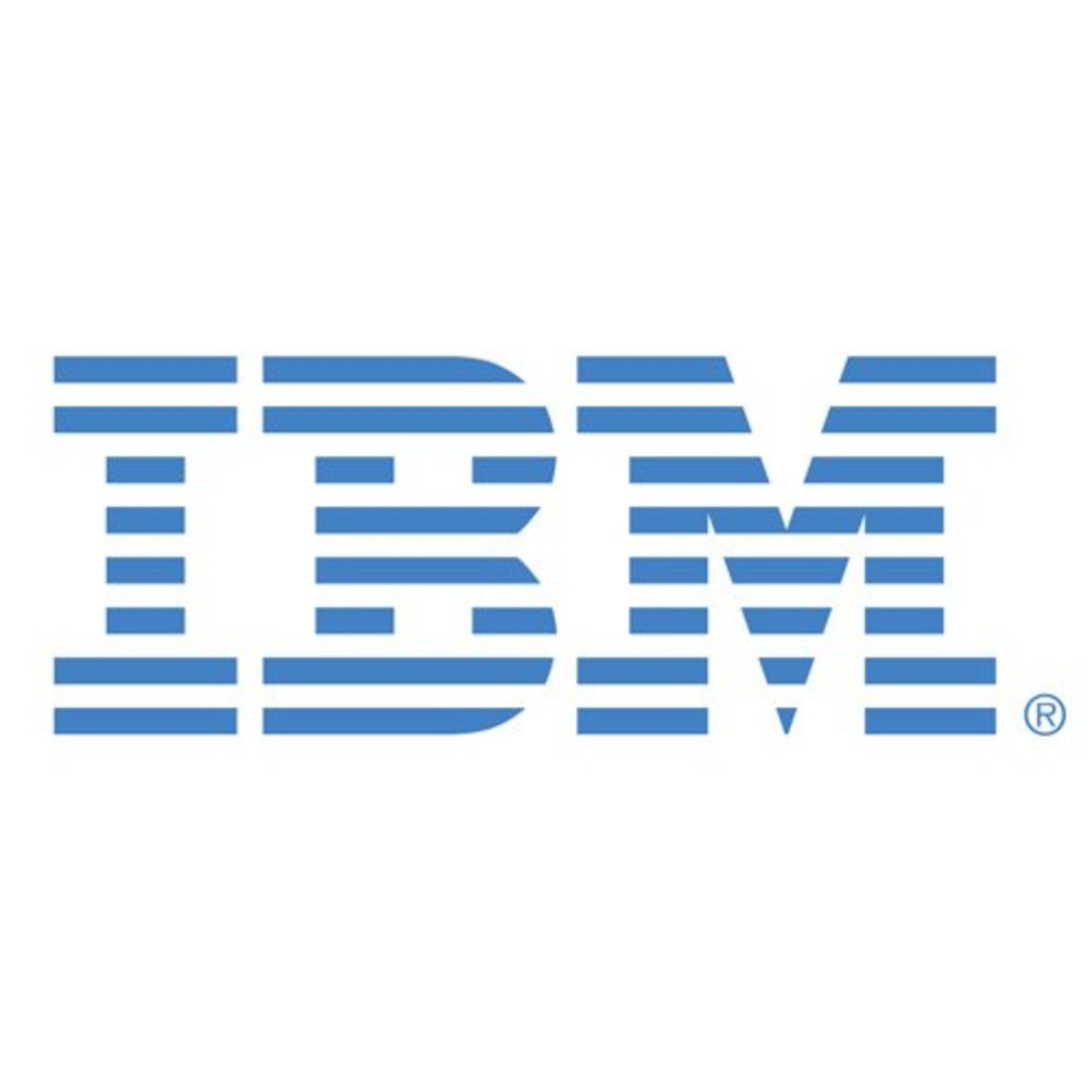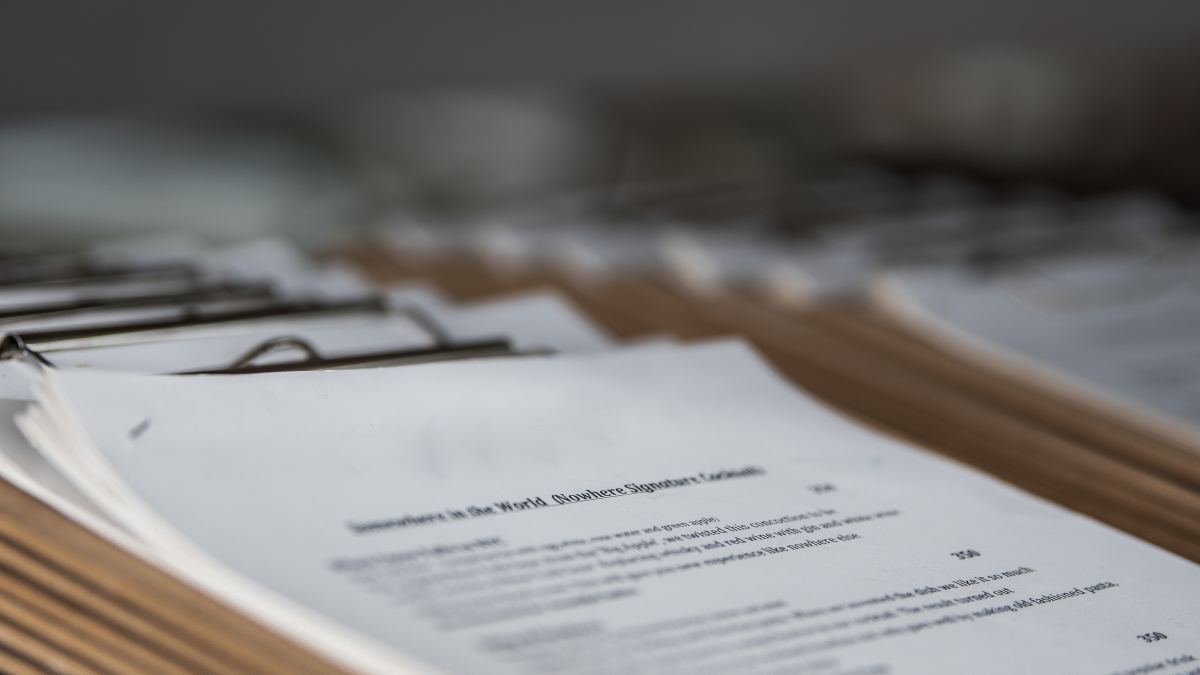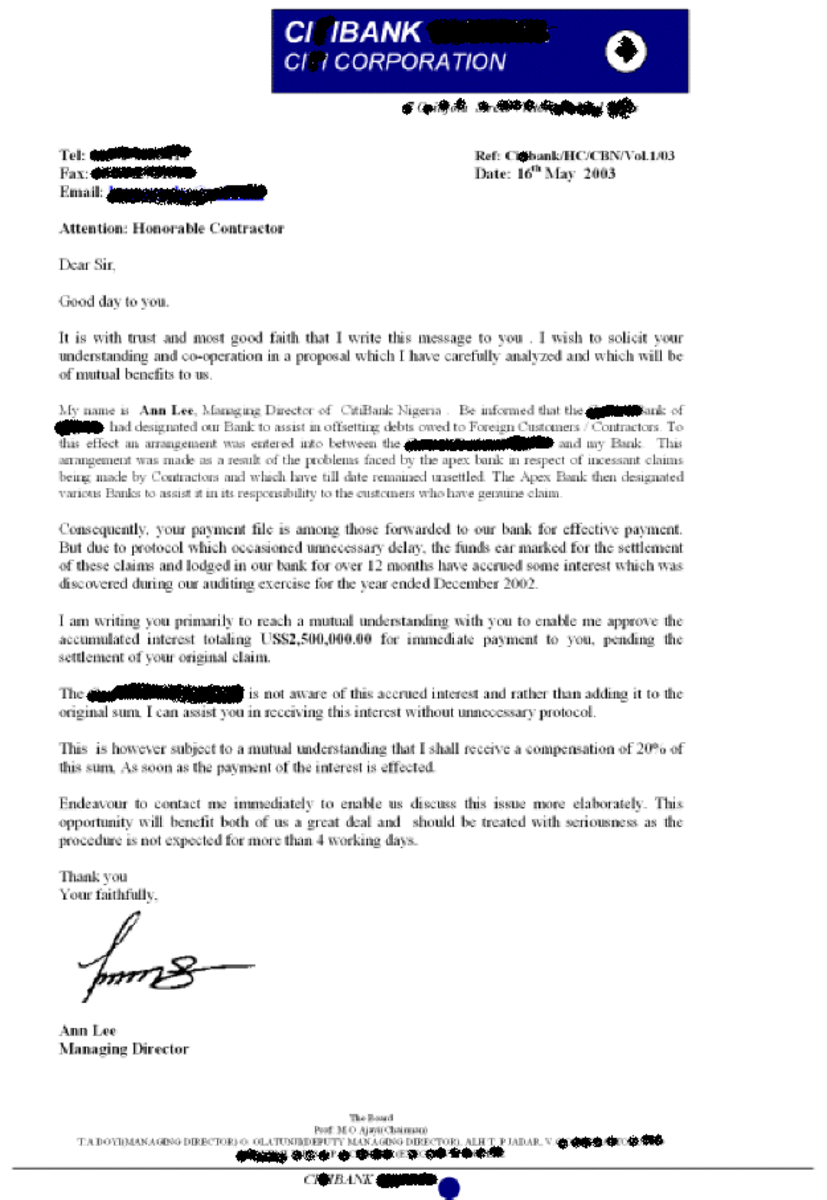how does insolvency differ from bankruptcy
People are often confused with insolvency and bankruptcy. They take the two concepts to mean the same thing: Though insolvency and bankruptcy are somewhat similar concept. There are also some differences between them.
To understand how bankruptcy and insolvency relate, it is important to understand the condition of insolvency.
Insolvency can be defined as financial state in which one is unable to pay one’s debt as they fall due. The term is usually refer to a business. A company to have insolvency is a state in which it is not able to pay its bills and other obligations on time. Insolvency occurs in a company whenever liabilities or debts are above assets and cash flow.
In other words, business insolvency is of two different types--- Cash flow insolvency, a state in which a company cannot pay its debts as they fall due and balance sheet insolvency, a state in which a company liabilities exceed its assets.
It is possible for a company to have cash flow insolvency but balance sheet solvent if it holds assets that are not liquid, particularly, against short term debt it cannot immediately realize if it is called upon to do so. However, a business can have liabilities that exceed assets but still be cash flow solvents if on going revenue is able to meet debt obligation and hence avoid default. Cash flow insolvency is generally a big problem as it can lead quickly to creditors demanding bankruptcy proceedings against the debtors, known as involuntary bankruptcy.
Similarly, balance sheet insolvency may be bad in the long term, as cash flow revenues are meeting debt obligation, a business is relatively safe from bankruptcy.
If a company is insolvent, it must take urgent action to generate cash to settle or renegotiate current debts, otherwise its insolvency can result it to bankruptcy proceedings, receivership or liquidation of all assets.
Company can be insolvent but not legally bankrupt. Though insolvency can lead to bankruptcy the condition may also be temporary and fixable without legal protection from creditors.
Insolvency does not necessarily lead to bankruptcy but all companies that are bankrupt are also considered insolvent. As an announcement of insolvency is made stock holders many have to decide whether or not to sell off their shares, or remain with the company until it can regain its financial footing.
The circumstances leading to bankruptcy and insolvency may be the result of poor business management, an unexpected market shift, a recession or even a natural disaster. No matter the cause, filing for bankruptcy is generally the result of clear insolvency, at least on a cash flow level. When debtors default on debts, creditors tend to get increasingly vehement in their insistence on payment. As it becomes clear to the debtor that he has no way to catch up with his liabilities, it may be time to declare bankruptcy and get help from government. Bankruptcy, therefore, is the process of legally defining a financial situation as insolvent. While insolvency may have no effects on credit, as long as payments are made, bankruptcy can severely damage credit for many years. When bankruptcy is determined, a person may find it nearly impossible to qualify for mortgages, loans, credit cards or refinancing programs. In some regions, when bankruptcy is used to settle debts, it may include wage garnishment to repay creditors. Both bankruptcy and insolvency are not always unavoidable in all cases. Conversely, many financial experts recommend getting good financial counseling as soon as negative balances are clear.
Insolvency is not a synonym for bankruptcy. Though bankruptcy and insolvency are sometimes used inter-changeably, they are very distinct terms. Insolvency may lead to bankruptcy. In fact while insolvency is an informal definition that describes a person who is unable to pay his debts or who has liabilities that exceed assets, bankruptcy is a formal legal concept wherein government has stepped in to resolve the debts of an insolvent person or business.
Bankruptcy and insolvency are often linked since the state of insolvency may lead to formal bankruptcy proceedings. Not withstanding in certain cases a business may be able to operate without fear of bankruptcy in spite of being technically insolvent at the present time.








